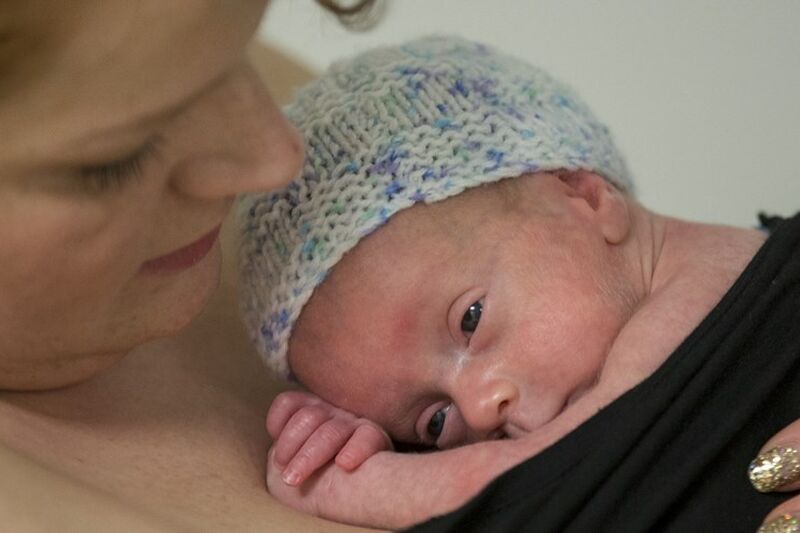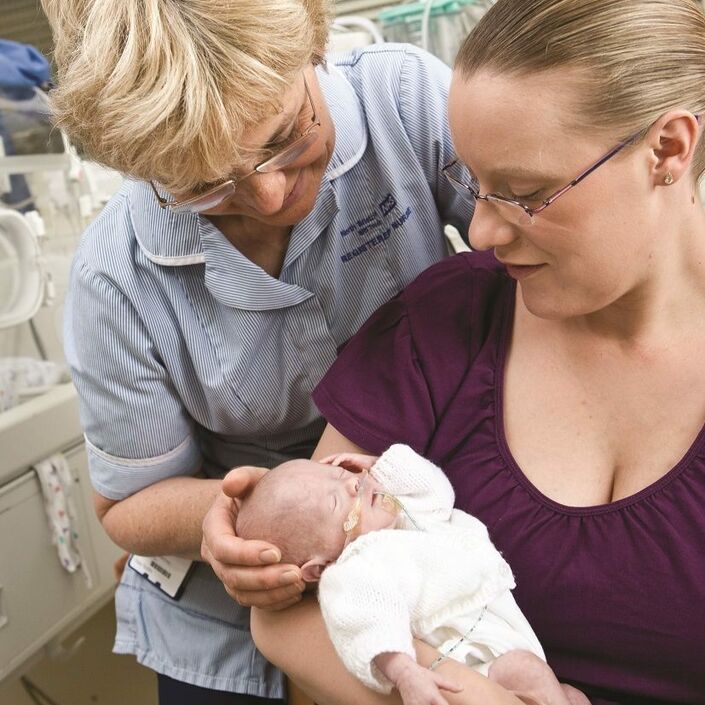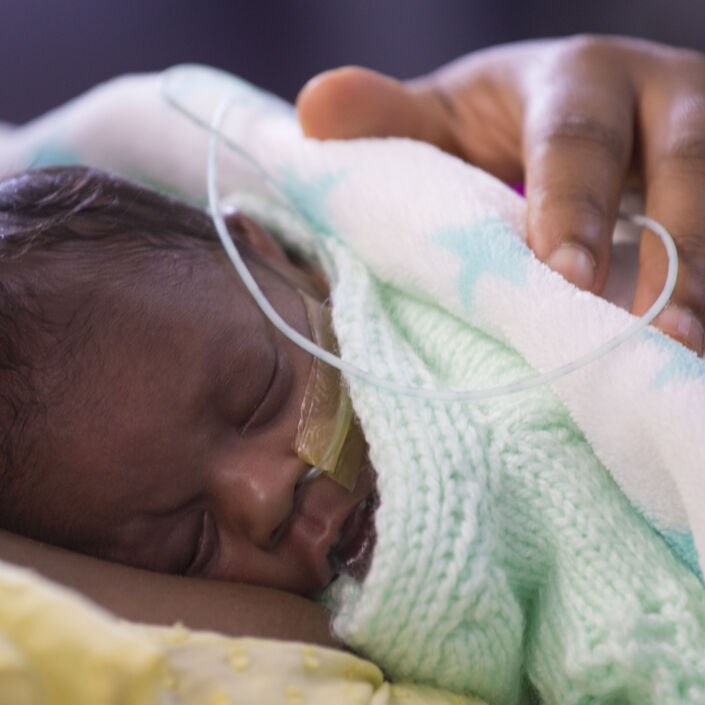Definition
Neonatal care decisions are based on the baby’s best interest, with parents actively involved in their baby’s care. Decisions on the baby’s best interest are based on evidence and best practice, and are informed by parents, who are encouraged and supported in the decision-making process and actively participate in providing comfort and emotional support to their baby.
This principle considers how decisions made for the baby are based on evidence, best practice and always in the baby's best interest. It highlights how parents should be actively involved in the decision making processes as they are supported and empowered to make informed decisions around their baby's care.
Here are examples of good practice:
Guidelines on consent (standard 2.1c)
Cwm Taf University Health Board
The Health board have established an information leaflet for parents around consent. This leaflet explains what consent for treatment is and what sort of procedures might be undertaken.
Support for siblings (standard 2.3a/b)
Thames Valley and Wessex
As part of the Thames Valley and Wessex Neonatal Preceptorship Programme a booklet has been created for parents to share with siblings. This booklet talks about the reasons why brothers and sisters may spend time on a neonatal unit and what care they will receive from doctors and nurses. Filled with pictures and suitable for children this book is an excellent example of supporting siblings and providing information.
Imperial College Healthcare
The Imperial College Healthcare trust have developed a picture book for siblings entitled "Baby's Come Early". The book is designed to help young children who may find the early arrival of a sibling confusing. More information about the book and how you can order copies can be found here.
Palliative care decisions (standard 2.5)
North West network
The North West neonatal network have developed a palliative care guideline for staff to support parents around end of life care decisions. These guidelines provide information on care planning, support for parents, hospice referrals, links with transport services and a useful flowchart to support the implementation of care plans.


